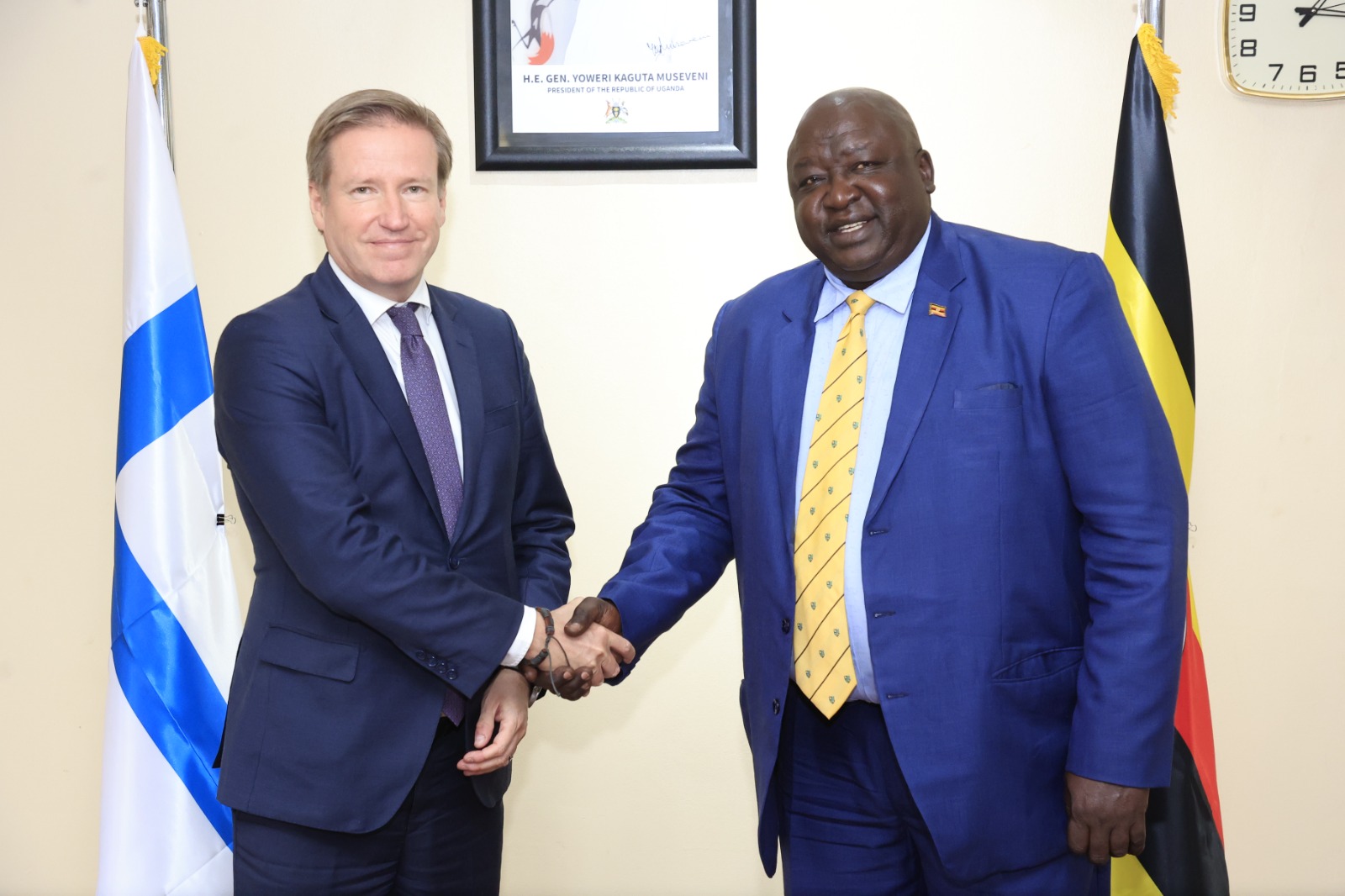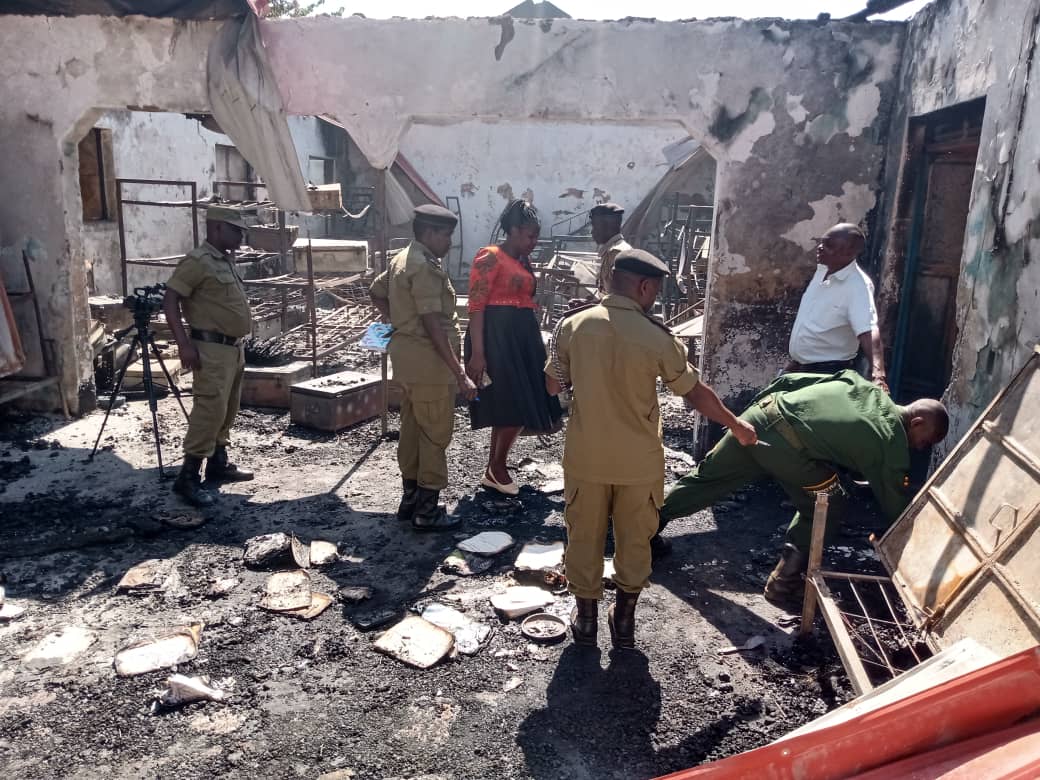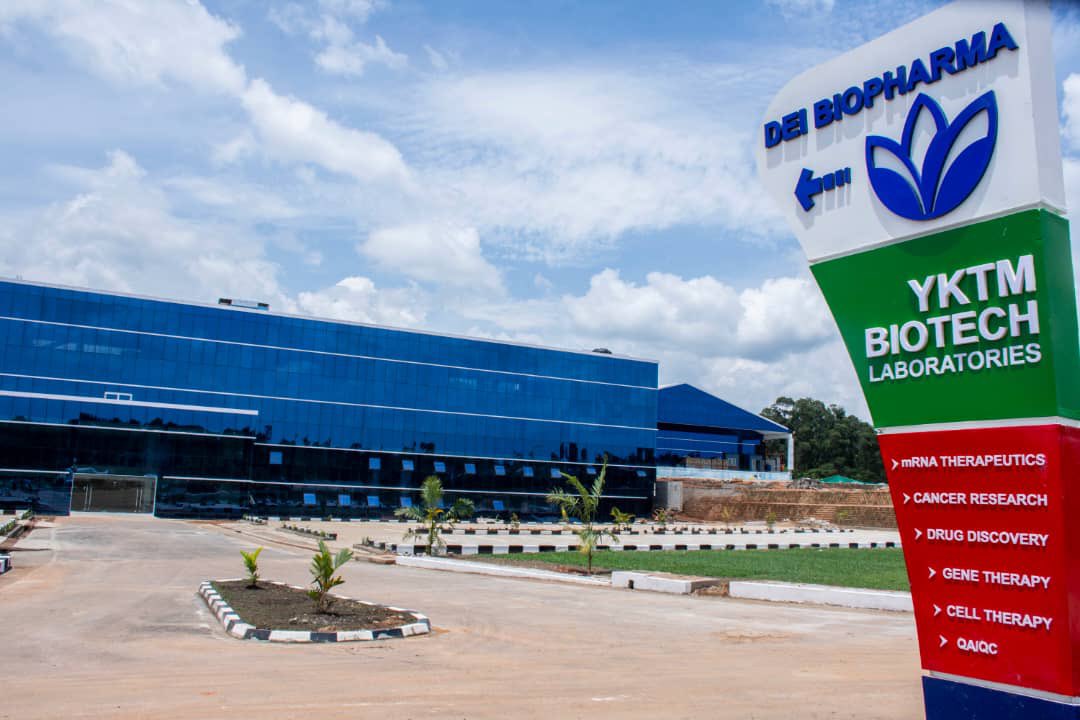Police needs shs15.2bn to roll out biometric system that tracks, identifies criminals
The Police Director in charge of Operations, AIGP Edward Ochom has revealed that the force needs shs15.2 billion to be able to roll out the Criminal Automated Biometric Identification System(CABIS) throughout the country.
The CABIS is a system that allows for processing, editing, searching, retrieving, and storing fingerprint, palm print, face and iris images and subject records.
Keep Reading
Speaking during a function to commission the forensic capabilities under the national CCTV project at Police headquarters in Naguru on Thursday, AIGP Ochom said there is need to keep track of repeat offenders, noting that the CABIS system would be of great use.
“The CABIS system will need to be rolled out countrywide in all the 161 policing divisions and districts at a cost of shs95 million per policing division or district. This also includes the acquisition of the livescan and set up the prerequisite work environment,”Ochom said.
“The consumables for the forensic DNA capabilities will also need to be budgeted for adequately to ensure that these capabilities don’t go to waste.”
The Police operations director however noted that the system has so far been installed in 14 police divisions in the Kampala Metropolitan Area to assist in suspect profiling at INTERPOL for processing police clearances and certificates of good conduct especially for those going for work abroad.
According to police, the DNA capabilities will also be developed to complement the Criminal Automated Biometric Identification System.
The system will work in such a way that the criminal’s name, picture, fingerprint, DNA and iris are captured and in case of any arrest of participating in another crime, the repeat offender is easily identified.
The deputy Inspector General of Police, Maj Gen. Paul Lokech said the police management is committed in building a modern and professional force in the country while dealing with crime.
“Our major focus as the Police management is to rebuild and transform the Uganda Police Force into a modern, professional, service-oriented, pro-people and effective institution. Key among the challenges has been the capacity gaps in terms of use of robust scientific methods of intelligence gathering and crime investigation the application of robust scientific methods such as these commissioned will enhance capacity to investigate transnational crimes, cybercrimes, trafficking in drugs and persons, human sacrifice, trading in wildlife and their products, environmental-related crimes, proliferation of small arms and light weapons,”Lokech said.
He noted that the use of science in modern policing is key to investigations globally, adding that the force is now proud to have a directorate of Forensics Services that will spearhead the application of science in helping to deal with crime.
The Principal Judge, Dr.Flavian Zeija, who was the chief guest at the function, noted that the Directorate of Forensic Services is of great use to the force in terms of fighting crime whose face he said is always changing.
“The facility (the laboratory) will not only support a speedy investigation but also improve the conviction rates in courts of law hence the need to invest more resources in it. Crime is becoming sophisticated and technology advancement keeps changing with time hence more training and investment in such machinery is needed,”Zeija said.
He urged the coordination and integration of data between the Police and other government institutions like the National Identification and Registration Authority(NIRA),courts and office of the DPP .
The developments underscore President Museveni’s call to police to use science and technology to help in fighting crime in the country.
The president has since directed for installation of CCTV cameras in all cities, municipalities, major towns and major highways around the country under the safe city project.
















